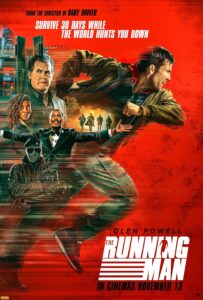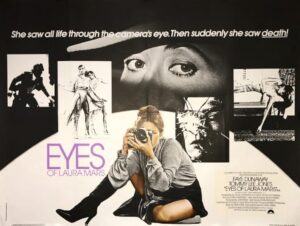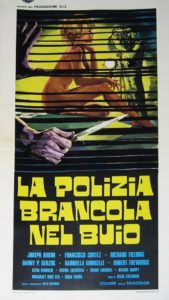 During the previous date night, we saw previews for the new Sam Raimi film. Lo and behold, new date night happened soon enough that we actually got to go see said film, after sushi dinner. Yay, date night!
During the previous date night, we saw previews for the new Sam Raimi film. Lo and behold, new date night happened soon enough that we actually got to go see said film, after sushi dinner. Yay, date night!
So, Rachel McAdams is a frumpy[1] single lady with a pet bird, a Survivor audition tape, and dreams of corporate promotion. Unfortunately, her old boss[2] has recently died, and his inheriting son has no real interest in her qualifications for the new Vice President position, because his frat bro is available, and also as I may have mentioned, she’s frumpy. But, because she’s actually talented at her job and they might lose some business, she’s invited along to Bangkok to close the big deal. Which is why she is available to wash up on an island down the beach from her boss when the plane unexpectedly crashes into the ocean on the way there.
Bam! Premise of Send Help achieved.
The boss guy is, as previously hinted at, kind of a dick. Maybe a lot of a dick, even. And Rachel McAdams is a little bit over the top with her intensity, even though she is certainly the aggrieved party. If this were on the Hallmark Channel, she’d soften his rough edges and he’d get her to let her hair down and they’d build a cozy island paradise for themselves. But it’s a Sam Raimi movie, so instead this is all psychological cat and mouse as we wait to see just how real that intensity is, and/or just how ingrained the dickishness is. Can they survive the elements and the circumstances and each other? It sure is fun (and hilarious and disturbing and disgusting) finding out!
Plus, get her away from the makeup artists for a few weeks, and she doesn’t look very frumpy at all. Funny how that works.
[1] If she was ten years older, I think they might have even gone for dowdy
[2] Portrayed via somewhat subtle implication by Bruce Campbell








